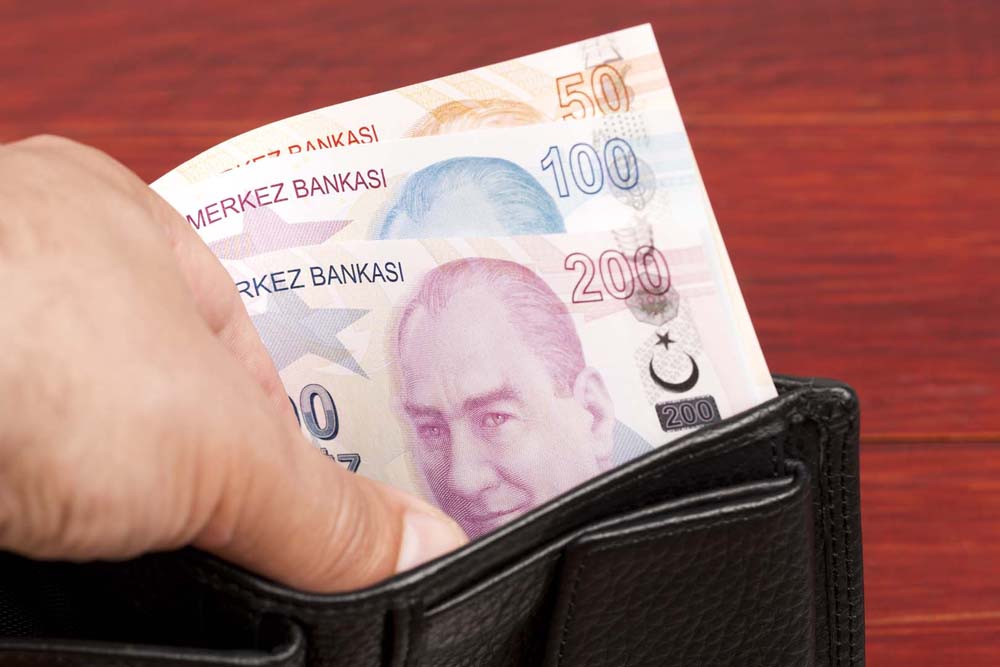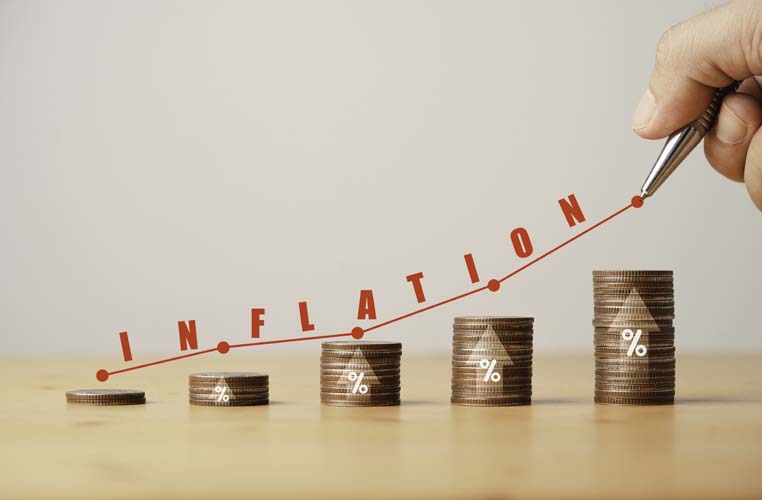Last Updated on 02/10/2023
In an effort to combat the relentless rates of inflation that have plagued Turkey’s economy in recent years, the Turkish government has taken a significant step.
It announced a remarkable increase in the minimum salary in Turkey.
This decision comes as a ray of hope for the millions of low-income workers across the country who have been grappling with the mounting pressures of rising living costs and diminishing purchasing power.
A 34% increase in minimum salary in Turkey

In a move to protect households from persistent inflation, the Turkish government declared on Tuesday that it would increase the monthly minimum salary in Turkey by an increase of 34% starting from July 2023.
In a televised speech from the country’s capital Ankara, Labor, and Social Security Minister Vedat Işkhan announced that the monthly net minimum wage would rise to TL 11,402 (about $483).
An agreement between employees and employers marked the conclusion of the work of the minimum wage evaluation panel, according to Işkhan.
He also said that employer tax exemptions would continue.
With this update, over a third of workers, who currently make the minimum wage or less, will benefit from the increase in purchasing power. Moreover, Erdogan promised that his government would prevent employees from “getting crushed under” excessive inflation.
Inflation Challenge in Turkey

The continuous increase in the minimum salary in Turkey recently is a consequence of the high inflation rate.
In October, inflation reached a 24-year high of 85.5%, which led Ankara to increase the minimum wage by 100% last year.
In January, it finally increased the pay by 54.5% to TL 8,500.
Since then, annual inflation has decreased, and in May it fell to 39.6%.
This decrease was caused by a government initiative that provided natural gas at no cost, which offset price increases for other items.
Prices rose as the Turkish lira declined following the country’s decision to pursue a policy of easing, which saw its central bank lower its benchmark policy rate from 19% in 2021 to 8.5% at the moment. The Turkish lira then has lost ground this year against the US dollar by almost 21%.
2021 and 2022 saw drops of 44% and 30%, respectively.
Yet, President Erdogan reiterated the government’s goal to lessen the strain on household prices on Saturday.
He also stated the government’s intention to bring Turkey’s inflation rate down to single digits during a speech at the Turkish Exporters Assembly event in Istanbul.
Government efforts to decrease inflation in Turkey in 2023




